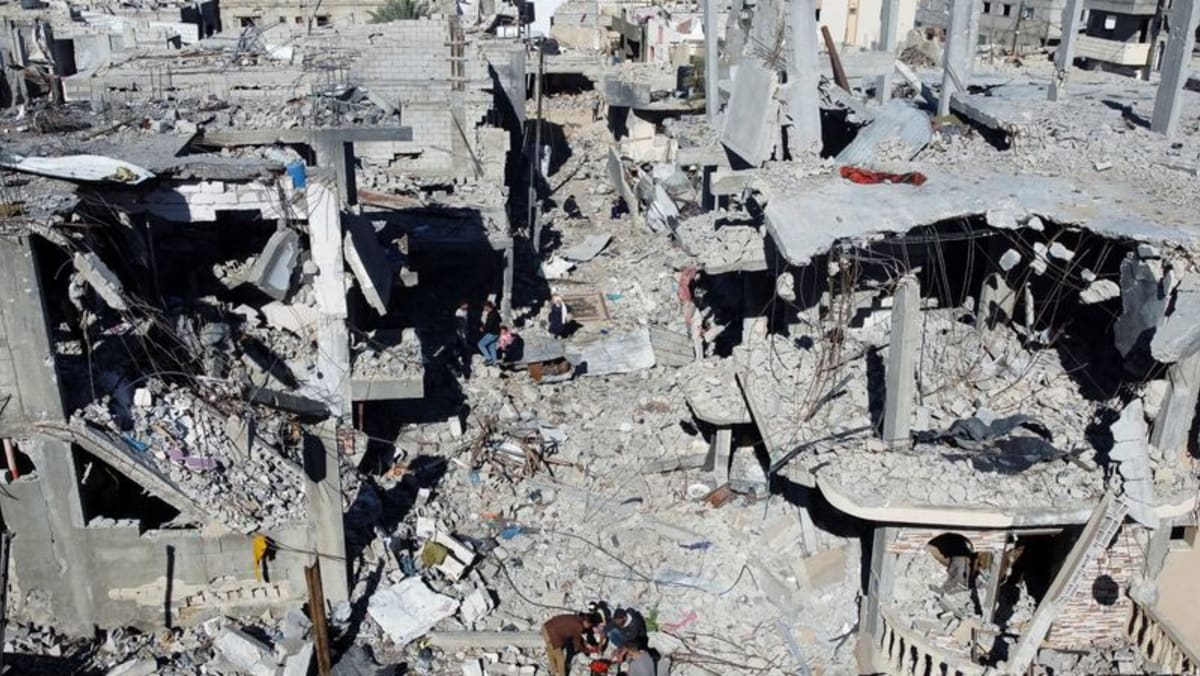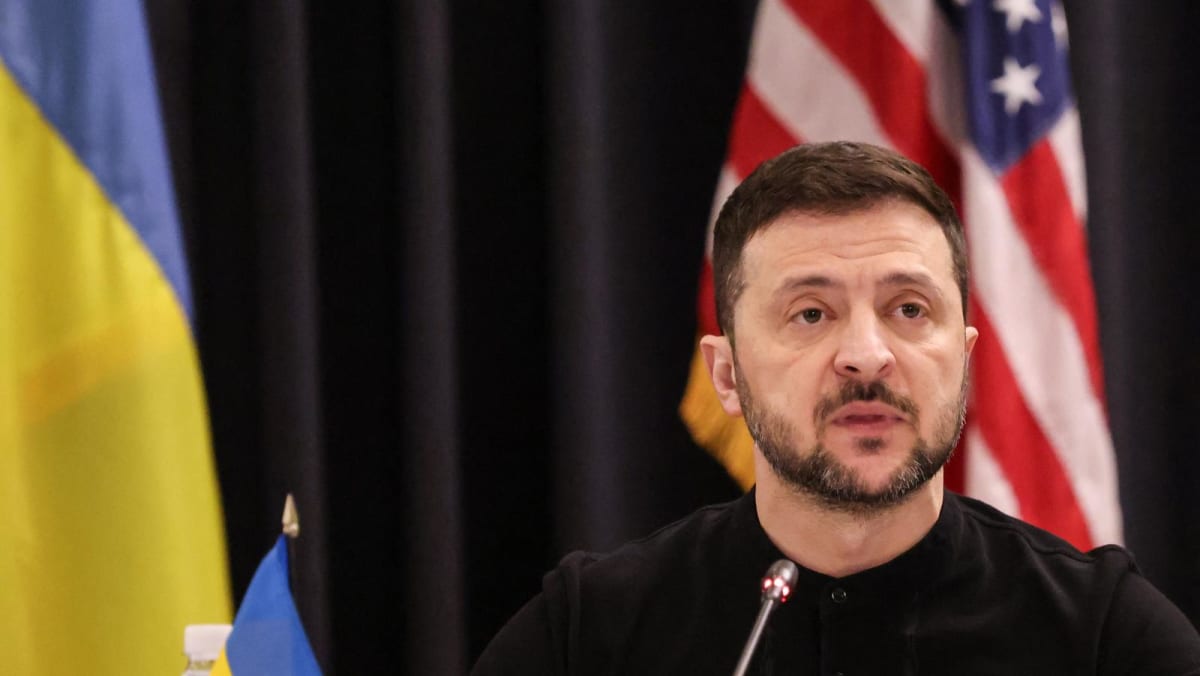UN calls for ‘irreversible’ move toward two-state solution to Israel crisis

GENEVA: The United Nations on Wednesday (Nov 29) called for the international community to move towards a two-state solution to the Palestinian-Israeli conflict, saying Jerusalem should serve as the capital of both states.
“It is long past time to move in a determined, irreversible way towards a two-state solution, on the basis of United Nations resolutions and international law,” said Tatiana Valovaya, Director-General of the UN office in Geneva, delivering a speech authored by UN Secretary General Antonio Guterres.
She added this would mean “Israel and Palestine living side-by-side in peace and security with Jerusalem as the capital of both states”.
The comments coincide with the United Nations’ International Day of Solidarity with the Palestinian People, which it observes annually. It marks the United Nations General Assembly’s approval of a plan to partition Palestine into Arab and Jewish states and for international rule over Jerusalem.
Calls for a two-state solution have grown in the wake of attacks on Israel on Oct 7 in which Hamas gunmen killed 1,200 people and took 240 hostages. The assault prompted an Israeli bombardment and ground offensive against Hamas-ruled Gaza that has killed more than 15,000 people, according to Palestinian health authorities in the densely-populated enclave.
A two-state agreement would create a state for the Palestinians in the West Bank and Gaza Strip alongside Israel. Israel has said a Palestinian state must be demilitarized so as not to threaten its security.
Palestinians want East Jerusalem, which includes the Old City’s sites sacred to Muslims, Jews and Christians alike, to be the capital of their state. Israel says Jerusalem should remain its “indivisible and eternal” capital.
Ibrahim Khraishi, Palestinian ambassador to the UN in Geneva, said the current conflict had served as a wake-up call for the international community to support the two-state solution.
“The two-state solution is difficult after the (Israeli) settlement and shrinking (of territory), but still possible if there is a will,” he said. “Now is the moment. And it’s good for Israel by the way. If they don’t accept the idea, it will be too late for them, not for us.”
Source: CNA















